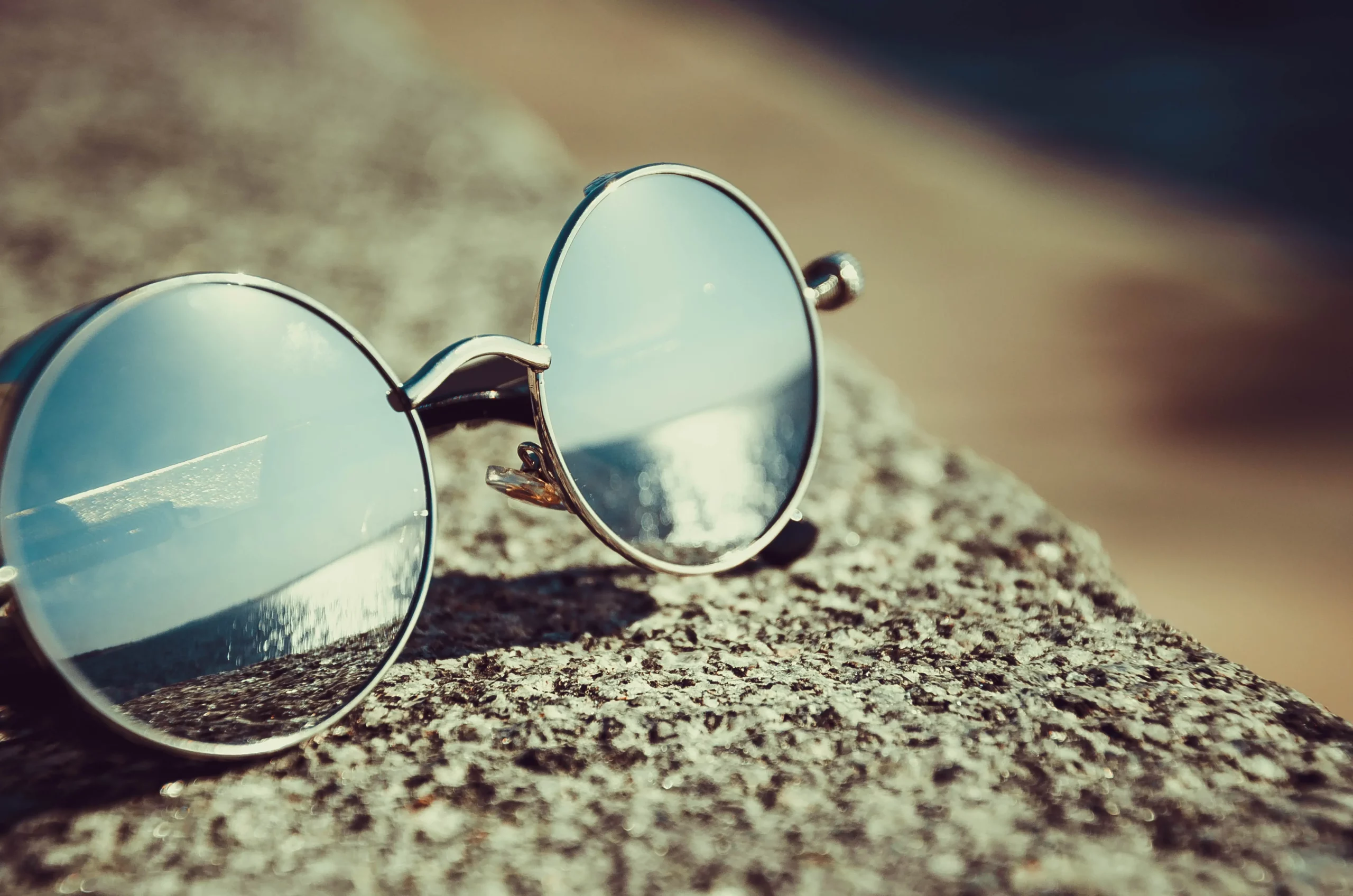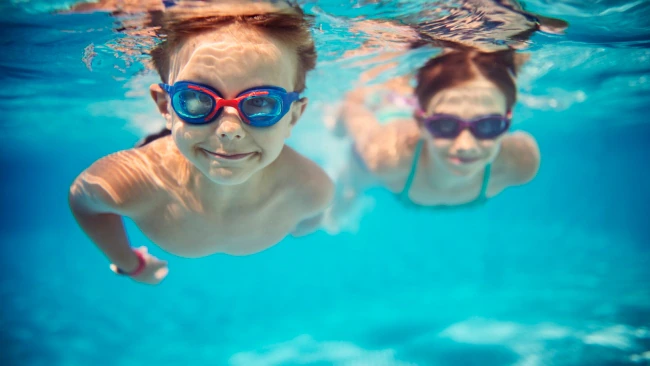- June 20, 2023
- Deborah Jackson
- Comment: 0
- Award Winning, Eye Health and Wellness, Eye Safety and Protection
Eye Health for Outdoor Enthusiasts: Hiking, Camping, and More
Table of Contents:
- Introduction
- The Importance of Eye Health for Outdoor Activities
- Protecting Your Eyes from Sun Damage
- Preventing Dry Eyes in Outdoor Environments
- Dealing with Allergies and Irritants
- Safety Tips for Eye Injuries during Outdoor Activities
- Camping and Eye Health
- Hiking and Eye Care
- Water Sports and Eye Safety
- Conclusion
INTRODUCTION
For outdoor enthusiasts, summertime is the perfect opportunity to embark on exciting adventures like hiking, camping, and exploring nature’s wonders. While you immerse yourself in these thrilling activities, it’s crucial to prioritize the health of your eyes. Outdoor environments can pose certain risks, but with proper care and precautions, you can maintain optimal eye health during your outdoor escapades.
In this article, we’ll explore various eye care tips, safety precautions, and preventive measures to ensure that your eyes stay healthy and protected while enjoying nature’s beauty.
The Importance of Eye Health for Outdoor Activities
Engaging in outdoor activities exposes your eyes to various environmental factors, such as UV radiation, allergens, dust, and potential injuries. It’s essential to understand the risks involved and take proactive steps to safeguard your vision. By following the tips and practices outlined in this article, you can optimize your eye health and fully enjoy your outdoor pursuits.
Protecting Your Eyes from Sun Damage

- Understanding UV Radiation:
- Choosing the Right Sunglasses:
- Wearing a Wide-Brimmed Hat:
Preventing Dry Eyes in Outdoor Environments
- Staying Hydrated:
- Using Lubricating Eye Drops:
Dealing with Allergies and Irritants
- Recognizing and Managing Allergy Symptoms:
- Minimizing Exposure to Irritants:
Safety Tips for Eye Injuries During Outdoor Activities

- Wearing Protective Eyewear:
- Handling Chemicals and Tools with Care:
- Knowing When to Seek Professional Help:
Camping and Eye Health

- Choosing Water-Resistant Eyewear:
- Preventing Eye Infections in Pools and Lakes:
Hiking and Eye Care

- Navigating Trails with Proper Eye Protection:
- Treating Eye Irritation from Dust and Pollen:
Water Sports and Eye Safety

- Choosing Water-Resistant Eyewear:
- Preventing Eye Infections in Pools and Lakes:
Conclusion
With this comprehensive guide, you’re now equipped with the knowledge and strategies to prioritize your eye health during outdoor activities. By following these tips and precautions, you can safeguard your vision and fully enjoy the wonders of nature without compromising your eye well-being. Whether you’re hiking, camping, or exploring the outdoors, remember to prioritize eye protection, hydration, and hygiene. Healthy eyes contribute to a more vibrant and fulfilling outdoor experience.
Happy adventures and keep your eyes protected!


